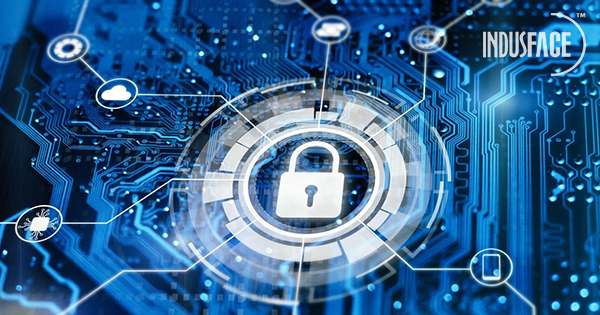With so many companies turning to remote work, sensitive enterprise data is flying across the information superhighway in record volumes. Employees working from home can’t typically secure their information to the same standard as a brick-and-mortar office.
Without the necessary tools to safeguard enterprise data, cybersecurity threats become exponentially more problematic. Fortunately, there are plenty of security tools that protect private information no matter where employees access it.
SUSE Linux Enterprise Desktop
SUSE Linux Enterprise Desktop suite includes business applications necessary for employee productivity and enhanced security for valuable data. The SLE Desktop consists of a web browser, email client, and other collaboration tools that secure your information no matter where it’s accessed.
The security features include an integrated VPN, antivirus tools, and protection against virus and malware attacks. Organizations can customize the system for general purpose work, developers, or industry-specific needs like manufacturing or healthcare.
Windows 10
Microsoft remains an industry giant, and for a good reason. Microsoft continues to make quality products, even for remote work tools with enhanced security requirements. Windows 10 uses Cloud-based security with BitLocker encryption to secure data when it moves to and from the operating system, keeping your information safe as under lock and key.
FireHost Compliance as a Service
FireHost offers a cloud-based system called Compliance as a Service. This system helps medical offices comply with PCI and HIPAA regulations. With FireHost CaaS, customers can consolidate their technology needs while reducing their security risks.
This service includes SSL encryption, security monitoring and remediation, and incident responses when data leaves the brick-and-mortar location. FireHost partners with the risk-management firm Coalfire Systems for independent auditing, ensuring more secure data protection.
FireLayers
FireLayers uses a Software-as-a-Service (SaaS) system to secure customized, cloud-based apps employees access through their devices. This SaaS system uses Xtensible Access Control Markup Language (XACML) to control policy protocols along with a central dashboard for administrators to manage permissions and set policies.
Google Apigee Sense
Businesses that turn to APIs might open themselves to security vulnerabilities. Google Apigee Sense offers protection for APIs by detecting unusual behavior. It references a rules-based system to protect against cybersecurity attacks.
Once it detects an attack, GAS alerts administrators to fix the problem without shutting down the API. The system includes a visual risk analytics dashboard with bot-ensnaring and intelligent risk models.
FortiGate Next-Generation Firewall
A server-based firewall cannot protect a cloud-based environment, which is what remote workers need. FortiGate Next-Generation Firewall is a security platform that functions in a multi-cloud system.
It also functions in a hybrid data center, protecting private information in the physical workplace and remote workstations on employee-owned devices.
This firewall system includes SSL inspection, deep content inspection, 100 Gbps throughput, and protection at scale.
HashiCorp Vault
Businesses that need to protect their APIs and cloud-based data don’t need to look any further than HashiCorp Vault, which provides Encryption as a Service.
HashiCorp Vault has a FIPS 140-2 certification to meet compliance regulations. The EaaS includes encryption keys, passwords, and tokens to protect valuable data.
Wrap up
With remote workers accessing data from locations with unknown security, it’s only a matter of time before security problems occur. Companies should use security tools to safeguard enterprise data when their employees work outside of their brick-and-mortar locations.

